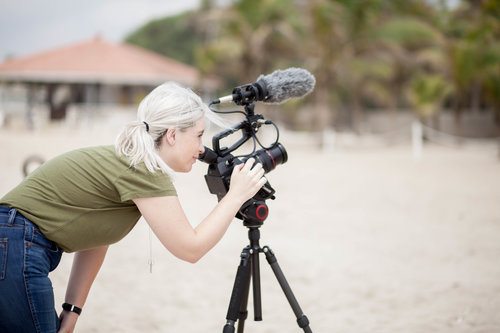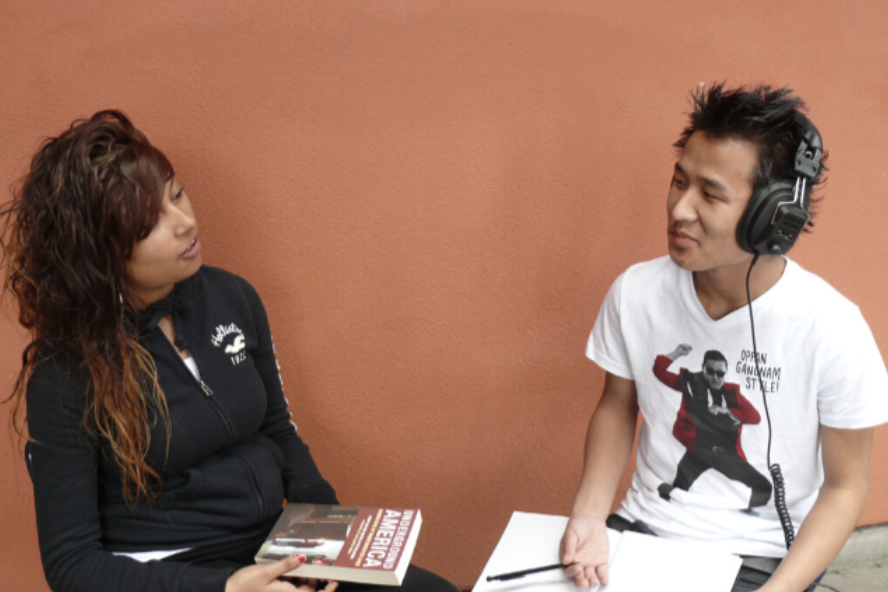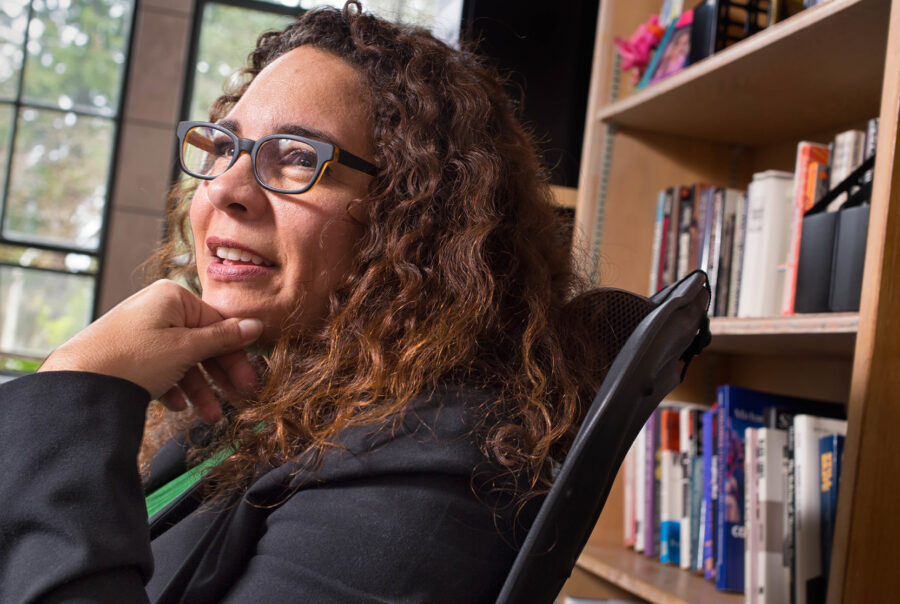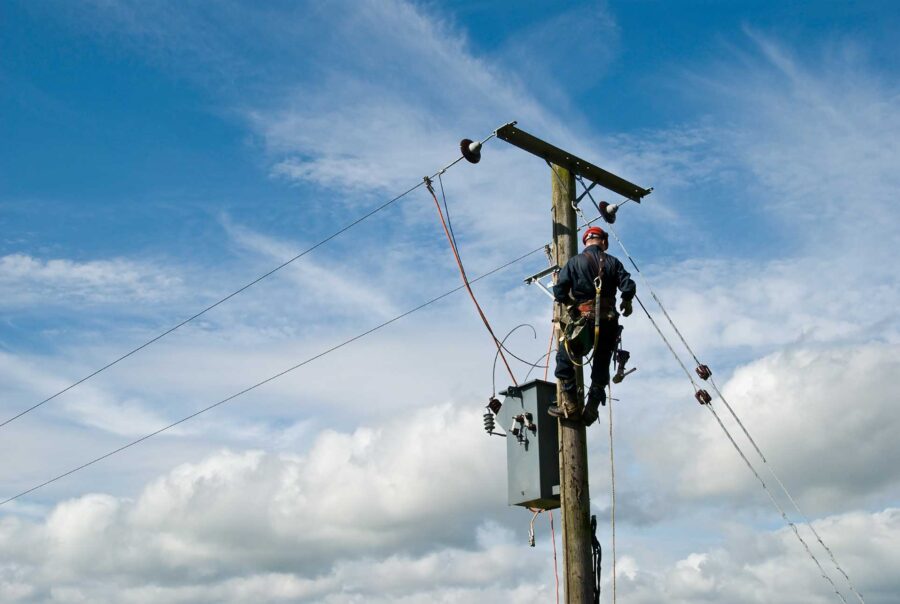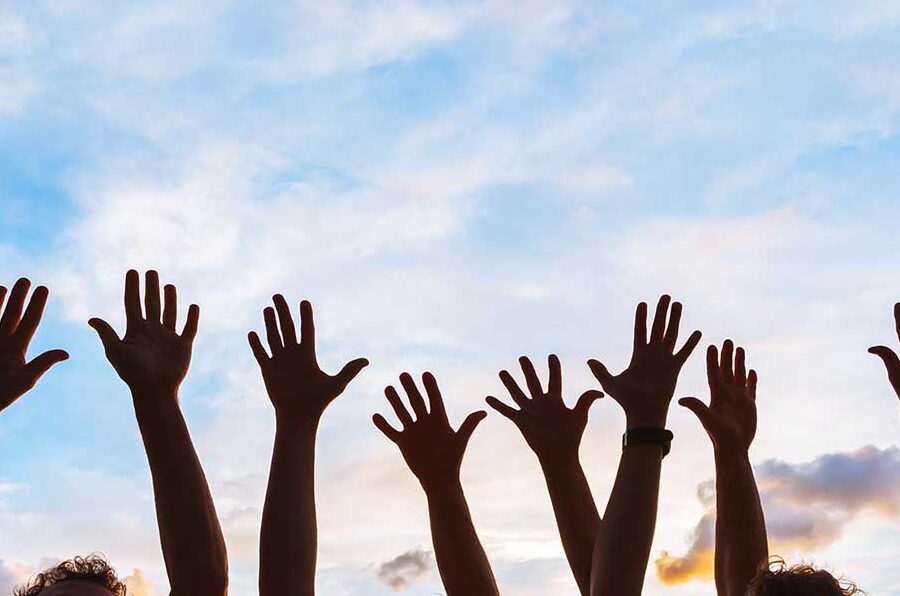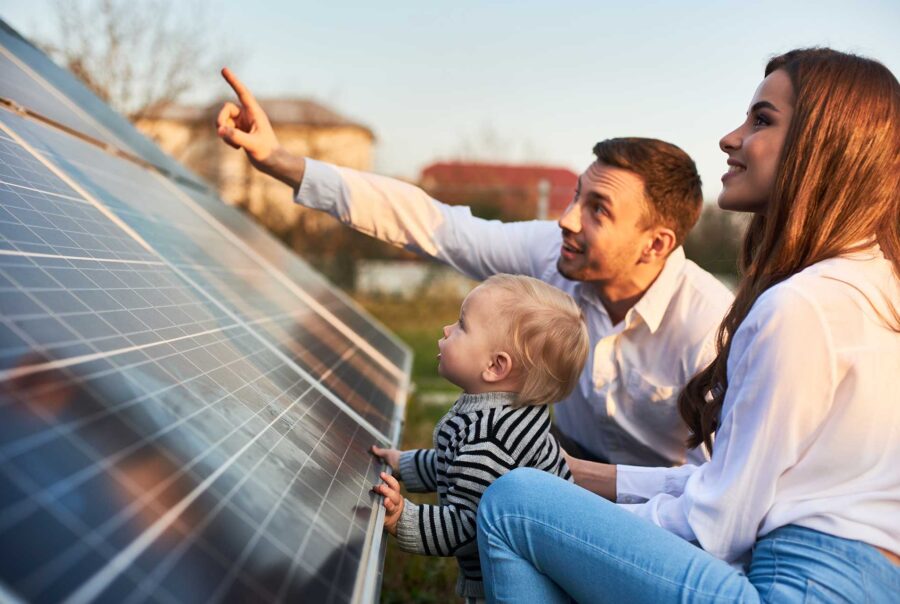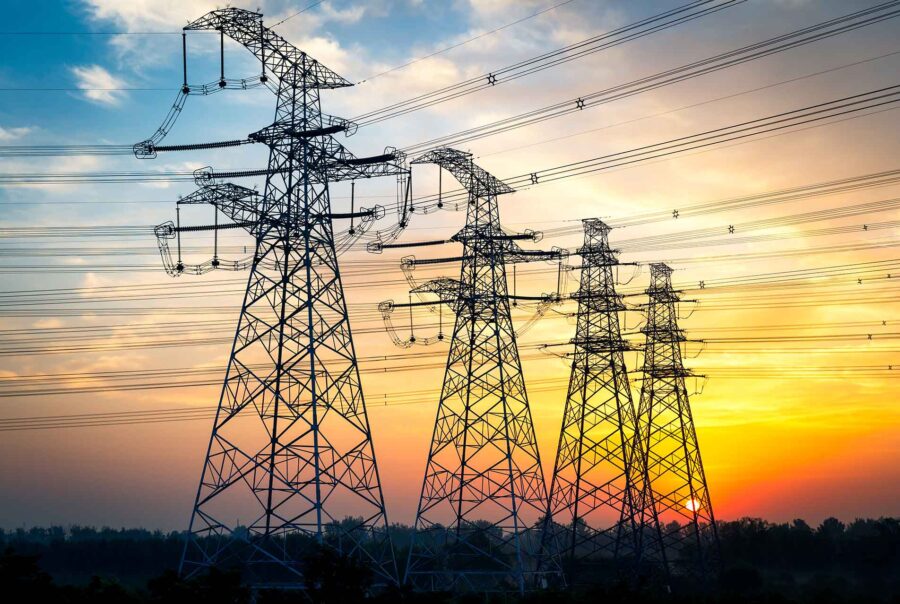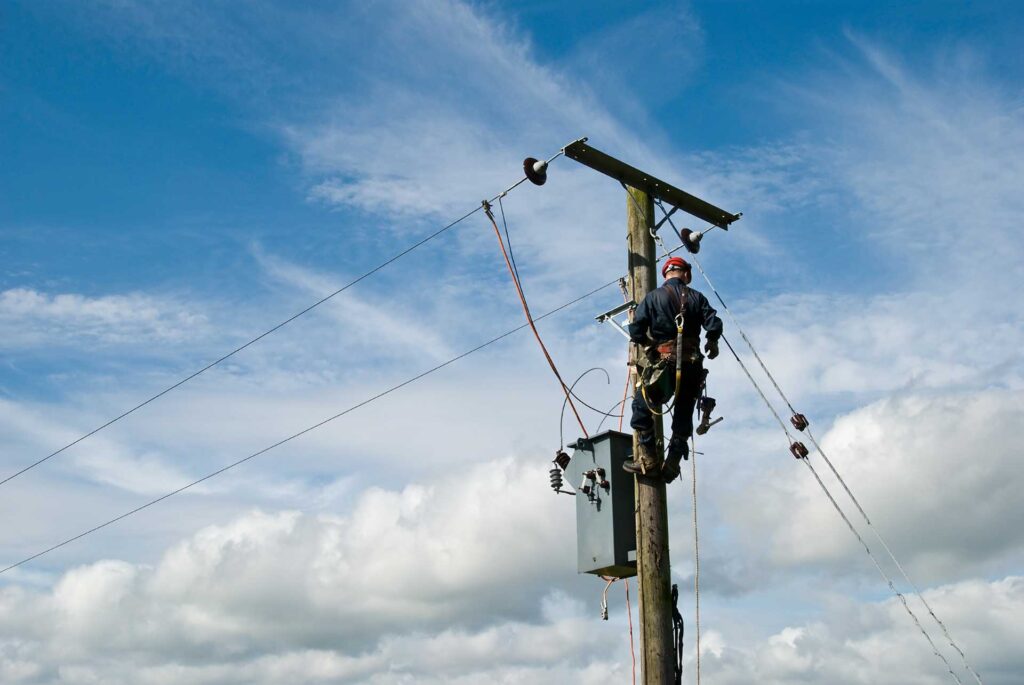Training
Ethical Storytelling
Stories have the opportunity to show someone how strong they can be and to highlight our strengths and dignity and hope, potentially amidst dark, trying, and sometimes overwhelming injustice. An ethical storytelling approach taps into those positive attributes and connects us all as humans.
– Rachel Goble, CEO, The Freedom Story
What
Ethical storytelling is a movement by and for social impact professionals. It holds that telling stories is essential to making change, but groups that tell stories must show care and respect to the people whose stories are being told. Building trust and collecting stories tied to a mission and vision while being accountable to the community or audience that is being impacted and collaborating authentically while honoring authenticity and complexity are core to ethical storytelling.
Why
Why: Ethical storytelling puts people and communities who have been harmed together with organizations, collaborating to seek solutions and create powerful change. Ethical storytelling honors how the narrator wishes to be represented. This practice is done through relationship building, co-creating, and establishing partnerships that leave the community feeling valued, not used or taken advantage of for someone else’s agenda, and moving towards healing and progress.
Let narrators take the lead in where the conversation goes, creating space for nuance and showcasing joy, wonder, strength and humor in addition to any hardship.
How
Ethical storytelling requires moving “at the speed of trust,” demonstrating empathy and compassion. To practice ethical storytelling, first, build trust; establish a safe space; let narrators choose locations of interviews and specific interviewers where possible. Support and prioritize the narrator’s ability to shape their own story to reflect their truth best.
Questions to Ask
- Do you have the person’s consent to tell their story in a given medium and for a given purpose? Is the person comfortable with telling their story?
- Whose needs and desires are at the center of how the story is presented? Is the person telling their story the protagonist, or is an organization or issue at the center?
- Who is empowered, and who is disempowered, by telling the story?
- Are you telling the story in a way that lifts up the individual and avoids stigmas and stereotypes?
- Might the person experience harm when their story becomes public?
- Will you offer support or continue the relationship after you “get what you need?”
Best Practices
- Invest in relationships to build trust, mutual respect, and collaboration.
- Prioritize informed consent and transparency: ensure narrators know how their stories will be used and shared.
- Ensure narrators’ needs are centered, and they have ownership and control over their stories.
- Honor authenticity, complexity, and the whole person. Avoid framing narrators as victims or heroes; avoid using their stories to advance a different agenda.
- Use a trauma-informed approach: prioritize narrators’ well-being.
- Position narrators as the experts. Practice radical listening. Acknowledge and mitigate power dynamics and biases.
- Use strength-based language to promote positive progress (“experiencing” or “living with” rather than “suffering from”; facing “a challenge” rather than “a problem”)
- Ensure stories are accessible to the narrator’s communities.
Related Resources
Note: These resources were collected for an ethical storytelling training held in January 2023, convened by Environmental Defense Fund, hosted by Yaritza Guillen, guest speakers Natalie Perkins, Danbee Kim, Martin Macias

